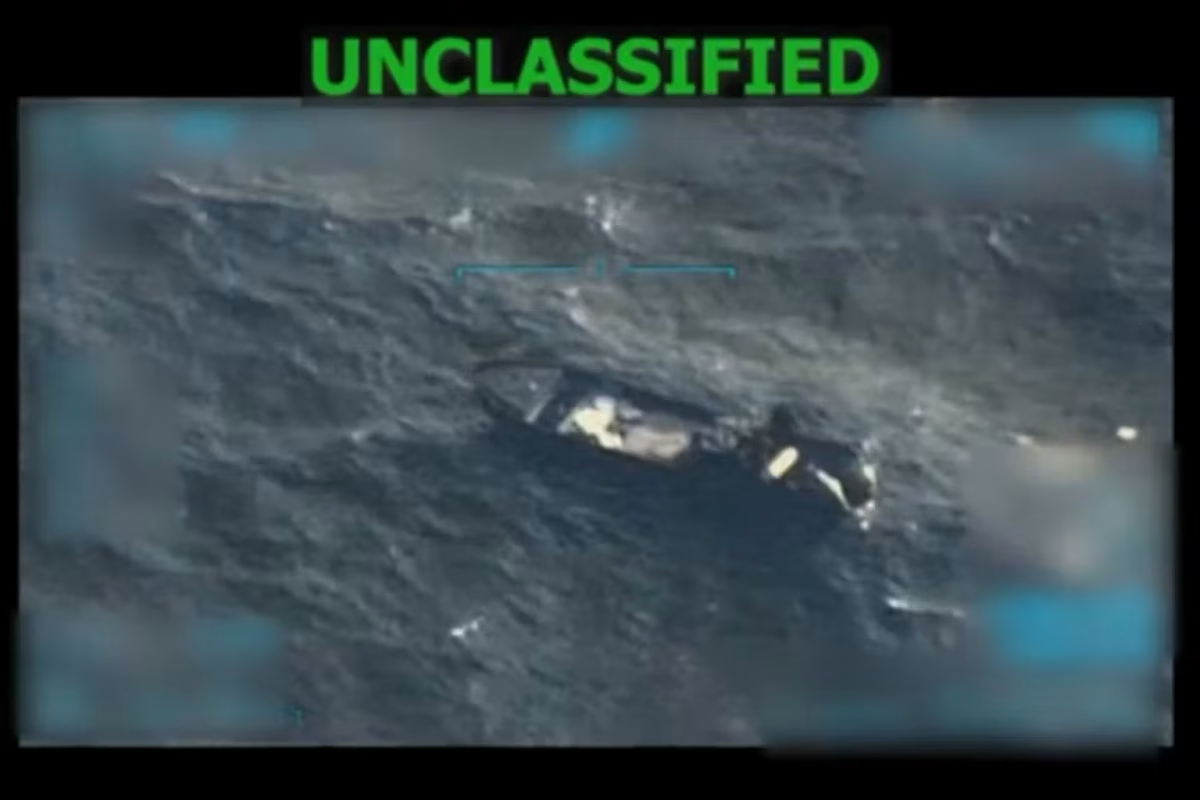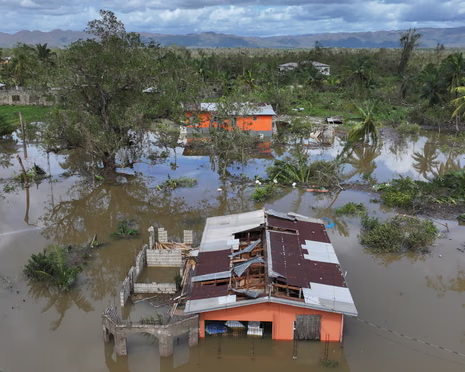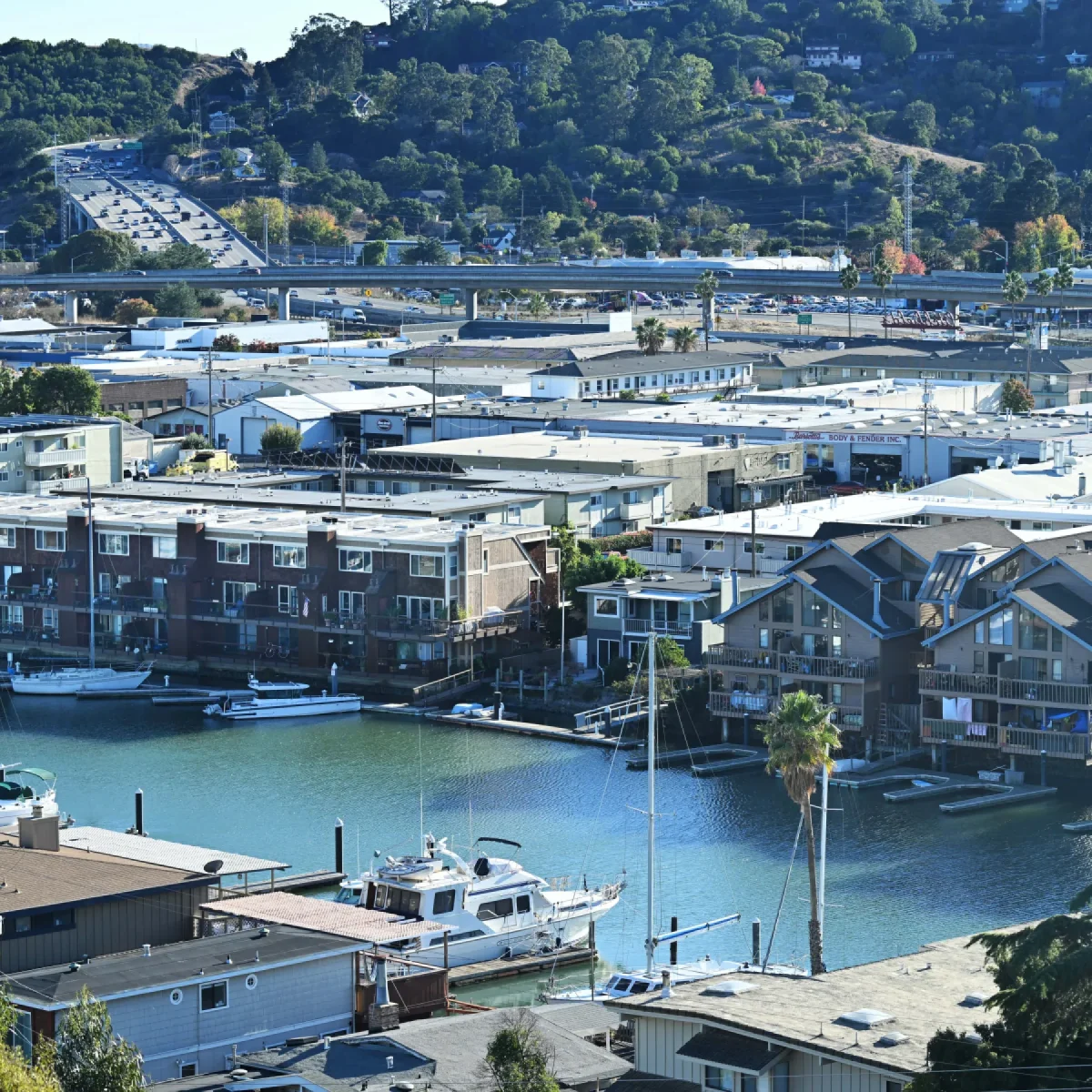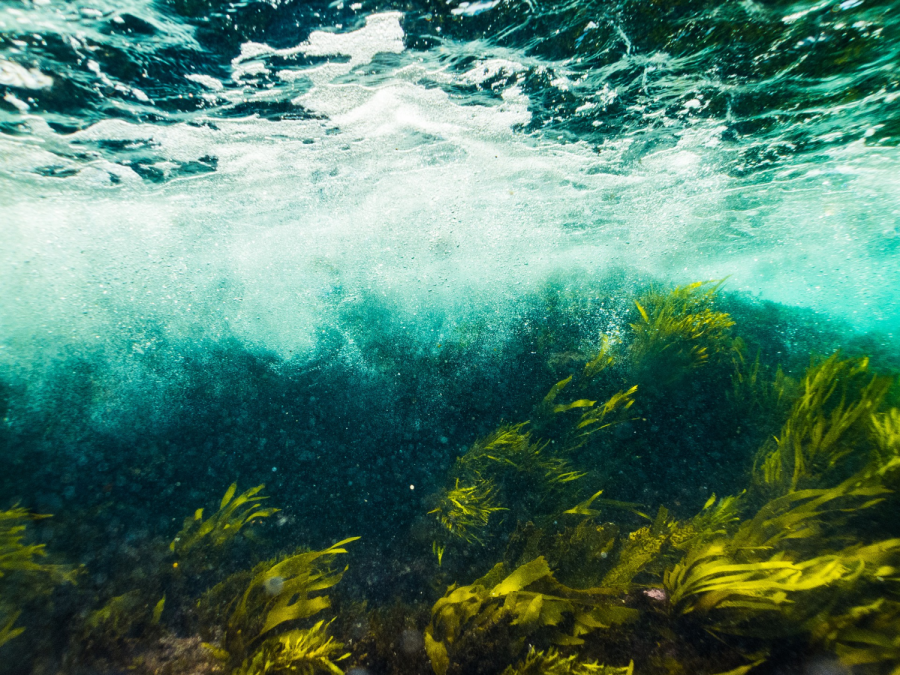Ocean acidity is the change of properties and chemicals in the sea. According to the IAEA (International Atomic Energy Agency), this pH reduction is primarily caused by the uptick of CO2 in our atmosphere. Not only does acidification increase acuity levels, but also reduces the amount of carbonate ions, which are essential to calcifying organisms when building their shells.
In the 200 years since the industrial revolution, the oceans acidity has rapidly increased by 25%. This is a larger acidity spike margin than in the last two million years. At the speed that ocean chemistry is being altered by humans, scientists are unsure if marine life will be able to adapt and migrate in time to save their species. The ocean plays a crucial role in our ecological system, and global carbon cycle, through providing large amounts of oxygen and extracting carbon out of the atmosphere.
When marine organisms are forced to allocate so much energy to overcoming acidic conditions, this takes away valuable energy for other ecological processes, including growth and reproduction. Acidification also eats away at nutrients and minerals essential to marine life. Many harmful species increase their speed of growth in acidic conditions.
Junior and Marine Mammal Center Volunteer, Emilia Carisetti, adds, “with climate change worsening, our oceans are warming which causes major problems in marine life. The warming waters cause the acidification in the ocean to increase, affecting our beloved marine animals such as seals, fish, and coral reefs.”
Like many effects of climate change, ocean acidification is ultimately a result of greenhouse gas emissions. By reducing the use of fossil fuels, there will be a significant reduction in the harm done to marine ecosystems.































































